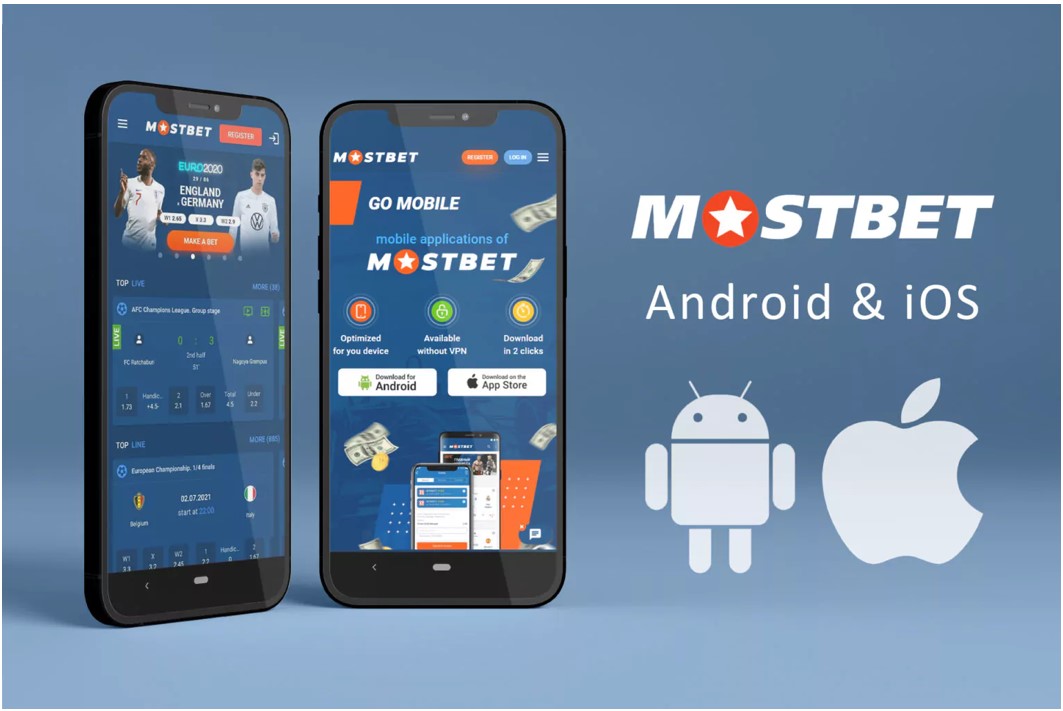Call Us: +91 771 4090 998
Email:
mail@icaninfosoft.com
Your Company Address
Sr. MIG-73, Sec-3, Pt. Deen Dayal Upadhyay Nagar, Raipur Chhattisgarh - 492010

In the past few decades, technology has evolved dramatically, shaping how we live, work, and communicate. Devices and platforms have become integral to our daily routines, offering a wealth of advantages alongside notable disadvantages. This article will explore the Advantages and Disadvantages of Mostbet major pros and cons associated with everyday technology, providing a balanced perspective on its impact on our lives.
One of the most significant advantages of technology is improved communication. With the rise of smartphones, social media, and instant messaging applications, people can connect with one another across the globe instantaneously. This has made it easier for families and friends to stay in touch, regardless of geographic barriers. Moreover, businesses can communicate with clients and partners in real time, fostering collaboration and innovation.
Technology has transformed workplaces, streamlining processes and boosting productivity. Tools like project management software, cloud computing, and automation have enabled teams to work more efficiently. Employees can accomplish tasks more quickly and with greater accuracy, thanks to technology. Moreover, remote work has become a viable option for many, allowing for a better work-life balance and access to a broader talent pool for employers.

The internet has democratized access to information, making it available to anyone with a connection. This has empowered individuals to educate themselves on various topics, fostering knowledge and awareness. Online courses and research materials allow people to acquire new skills or enhance existing ones without the need for traditional educational systems.
In healthcare, technology has led to significant advancements. From telemedicine services to wearable health devices, patients now have greater control over their health. These technologies can help detect health issues early, promote preventive care, and facilitate remote consultations, making healthcare more accessible. Additionally, fitness apps and online communities encourage healthier lifestyles, motivating users to stay active and engaged.
Technology has revolutionized entertainment. With the rise of streaming services, video games, and various online platforms, individuals have access to a vast array of entertainment options. This has transformed how people consume media, often leading to a more personalized and engaging experience. Moreover, technology has also facilitated the creation of content, enabling aspiring artists, musicians, and writers to share their work with a global audience.
Despite the advantages of enhanced communication technology brings, there is a noticeable decline in face-to-face interactions. Many individuals now prefer texting or online communication over in-person conversations, which can lead to feelings of isolation and disconnection. This shift in social behavior can impact relationships and mental health, as emotional connections are often stronger in direct communication.

The abundance of information available online can be overwhelming. While access to information is generally positive, the sheer volume can lead to confusion and difficulty in discerning credible sources. As a result, individuals may struggle to find accurate and reliable information, leading to misinformation and its consequences.
As technology becomes more integrated into our lives, many individuals develop a reliance on it that can be detrimental. This dependency can manifest in various ways, such as addiction to social media, excessive screen time, or difficulty functioning without electronic devices. The repercussions of this reliance can negatively impact mental health and overall well-being.
With the increasing digitization of personal information, privacy and security have become pressing concerns. Cybersecurity threats, data breaches, and unauthorized access to personal data can have serious consequences, including identity theft and financial loss. As individuals share more of their lives online, the risk of compromising their privacy grows, leading to anxiety and mistrust.
Technology’s rapid growth can create disparities between those who have access to it and those who do not. This digital divide can hinder educational and economic opportunities for marginalized groups, perpetuating existing inequalities. As technology continues to evolve, efforts must be made to ensure equitable access for all individuals, maintaining fairness in society.
In conclusion, everyday technology presents both advantages and disadvantages that significantly influence modern society. While it enhances communication, boosts productivity, and improves access to information, it also raises concerns about diminished personal interaction, information overload, and privacy risks. Therefore, it is crucial for individuals and society as a whole to navigate the technological landscape mindfully, harnessing its benefits while mitigating its drawbacks. By striking a balance, we can create a future where technology serves as a tool for empowerment, connection, and positive change.